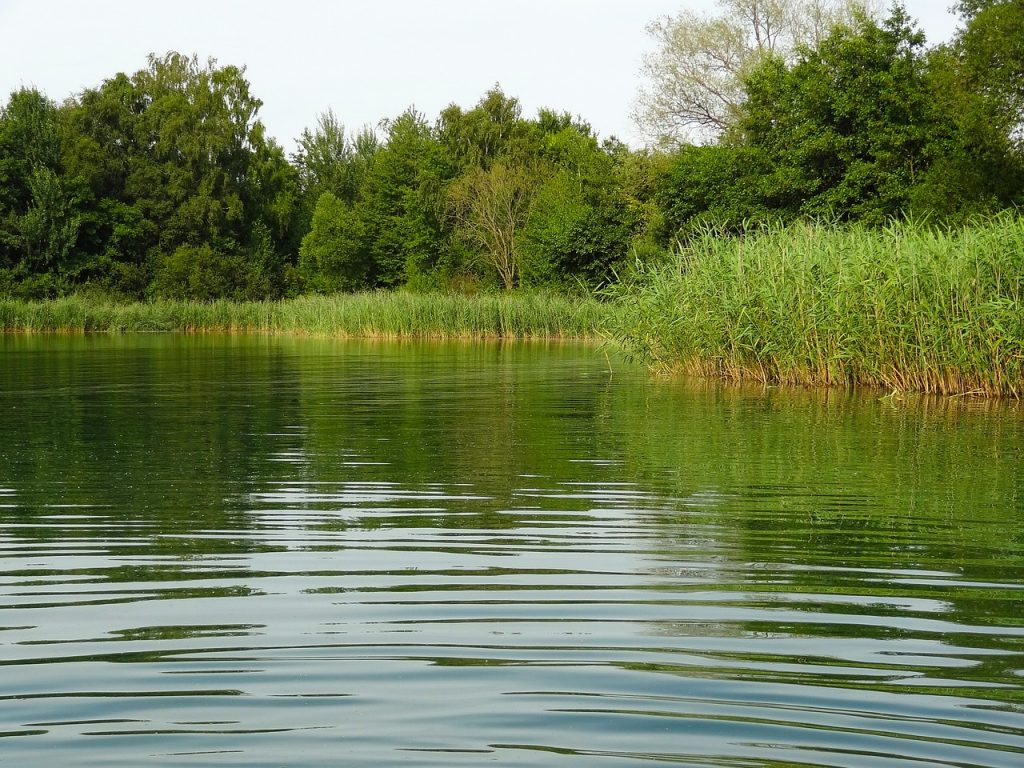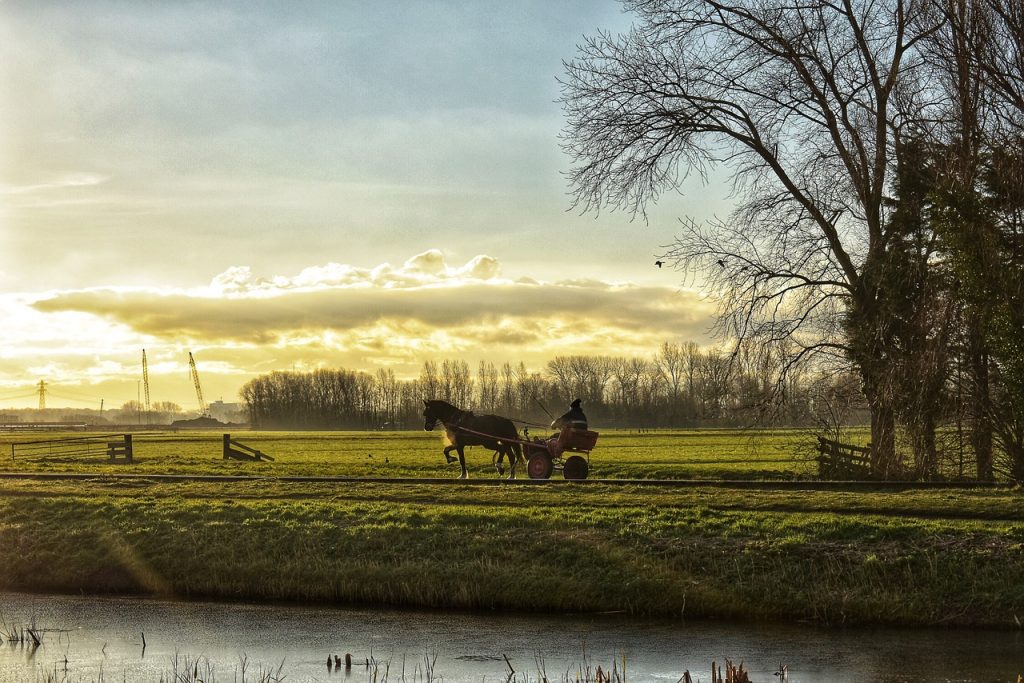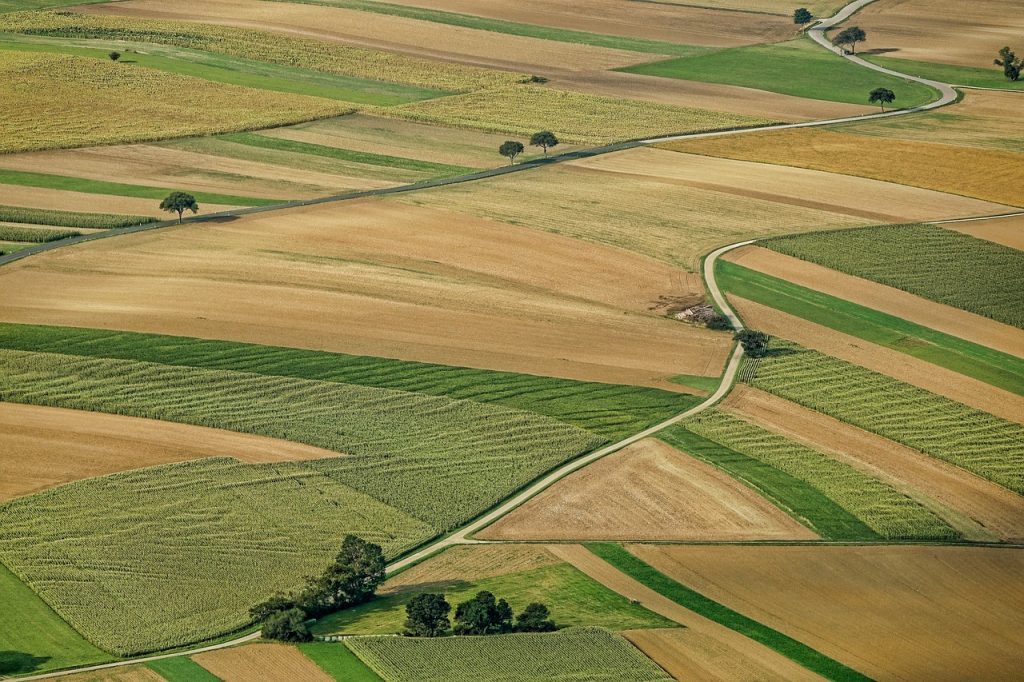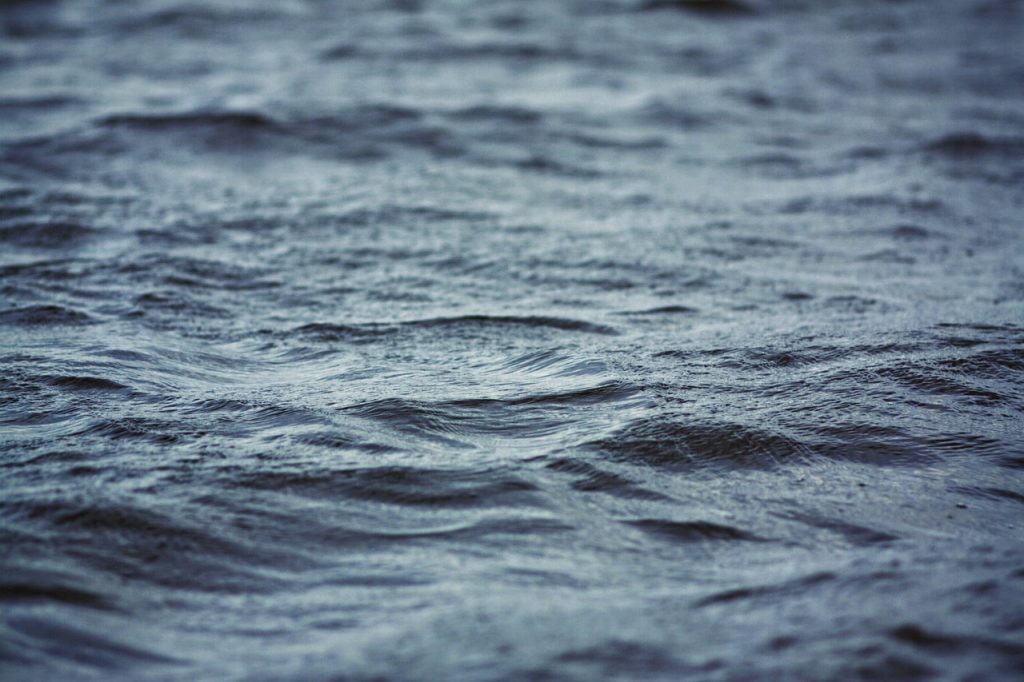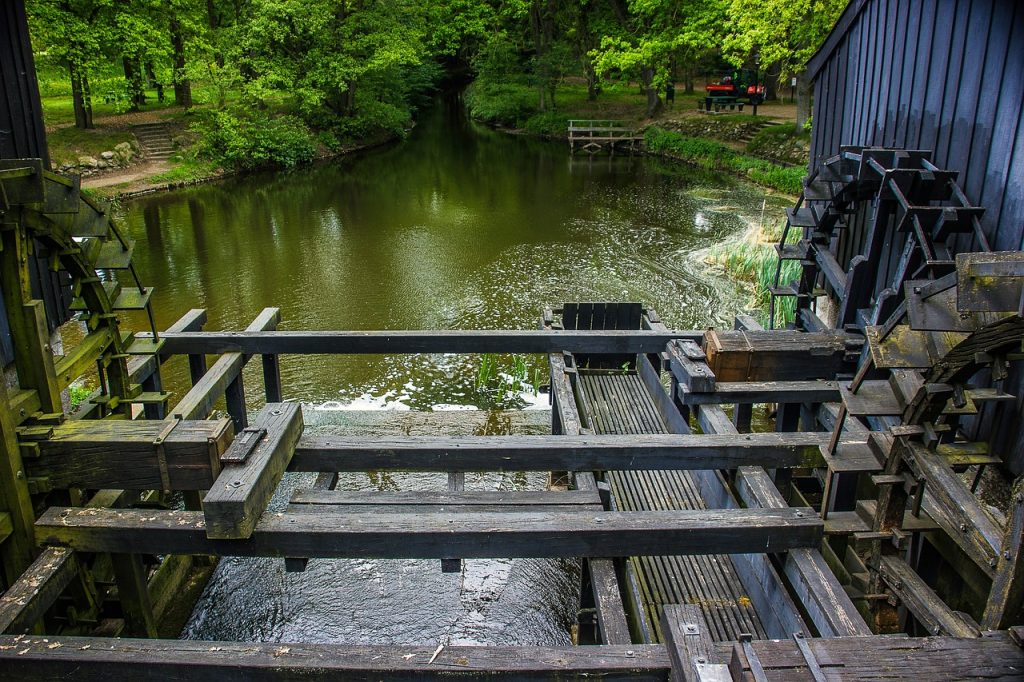Dutch sand landscapes, >50% of the Netherlands, are vulnerable to droughts, floods, pollution and are losing soil carbon and biodiversity. These problems are expected to worsen with climate change. The need for a rigorous transformation towards resilient landscapes facilitated by robust water systems is widely recognized, but how to achieve this remains unclear. Water systems in the Dutch sand landscapes have been designed to maximize agricultural production and reduce flood risks based on 20th-century climate and socio-cultural values. However, the rapidly changing climate together with increasing water demands and a growing appreciation for the environment, biodiversity and sustainability, force us to transform the Dutch sand landscape to better balance ecosystem services and provide resilience to climate change.

This project aims to 1) develop nature-inspired water system solutions to reactivate landscape resilience and 2) identify effective economic and governance arrangements to achieve this transformation. RESHAPE brings together a strong interdisciplinary consortium of leading academics and key players in Dutch water and landscape management integrating 1) Ecohydrology to quantify water-nutrient-carbon dynamics in future climate, 2) Natural resource economics to quantify trade-offs between ecosystem services, 3) Land-use planning to develop regional land-use and water system scenarios, 4) Regional hydrology to evaluate the resilience and risks of proposed water systems; and 5) Environmental governance to identify governance arrangements that facilitate landscape transformations. We integrate these sciences through stakeholder participation, knowledge utilization, and an novel interactive system-dynamics approach (6&7) to shape a shared vision towards nature-inspired resilient sand landscapes facilitated by robust water systems.
The work packages of RESHAPE are:
